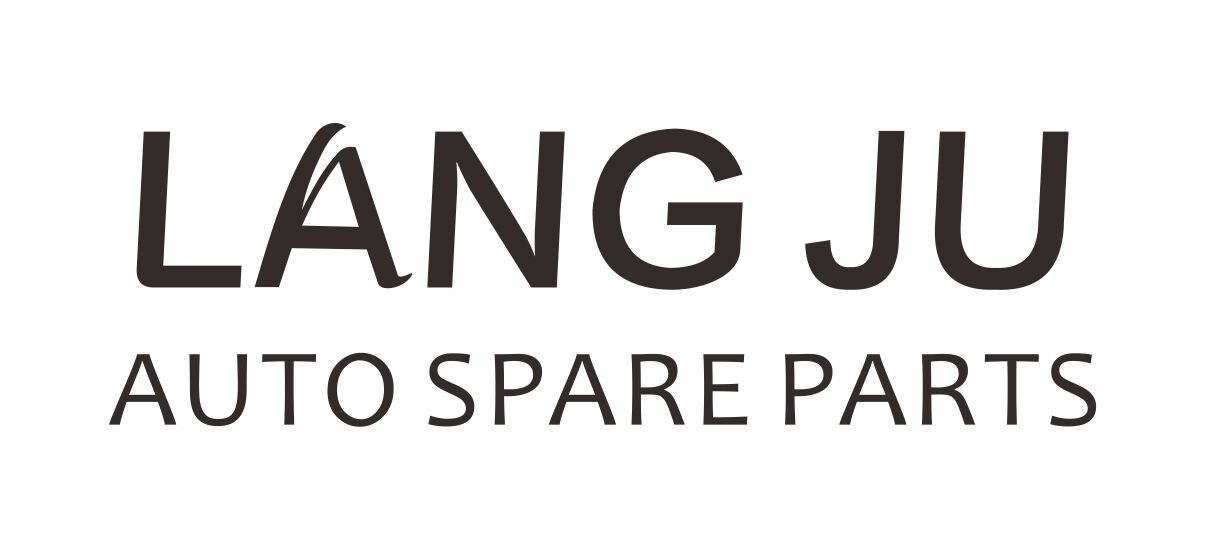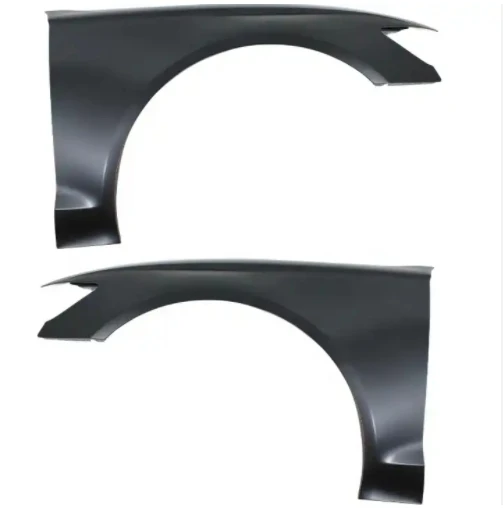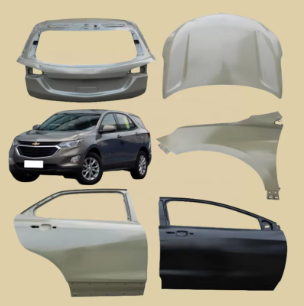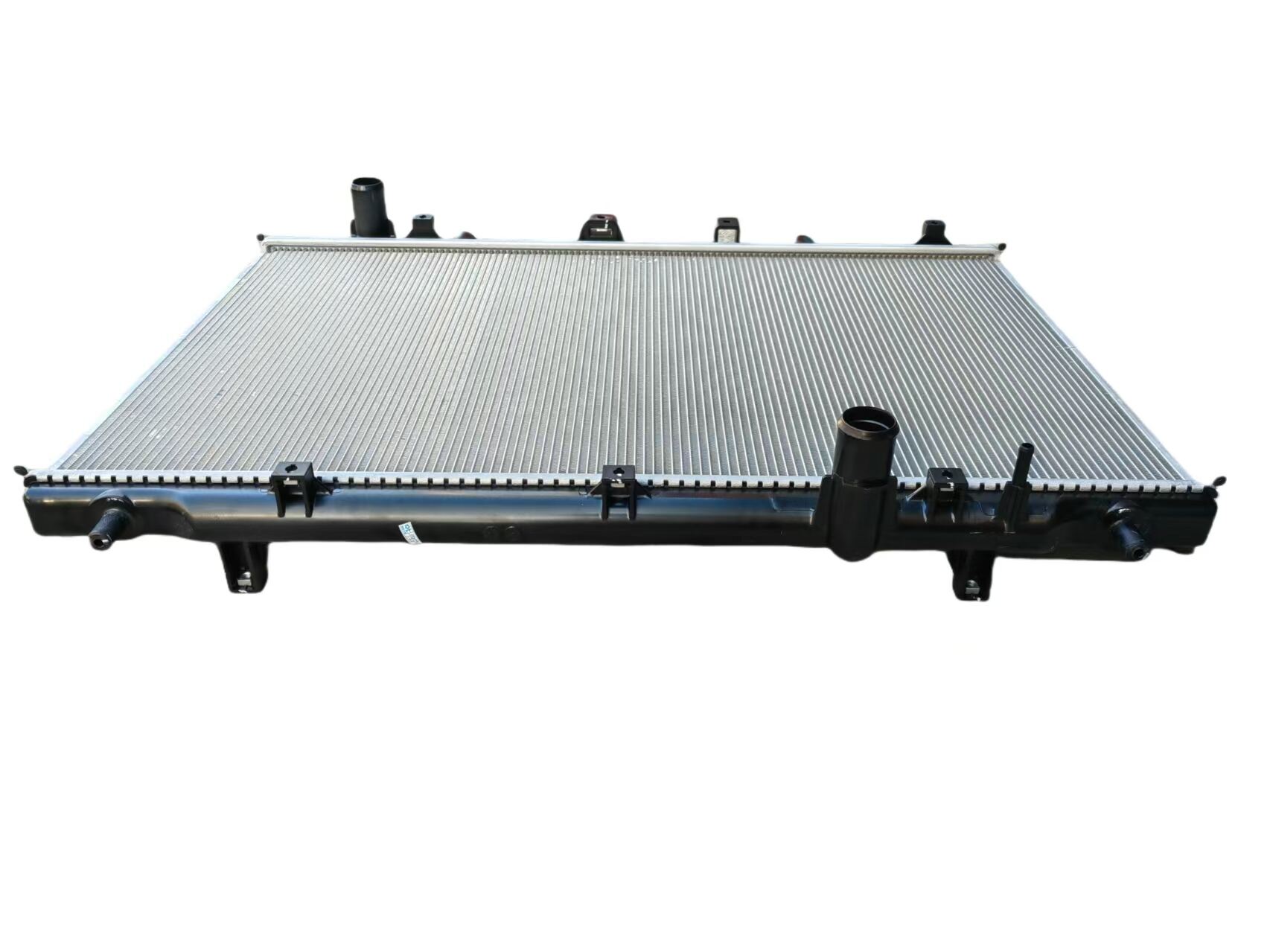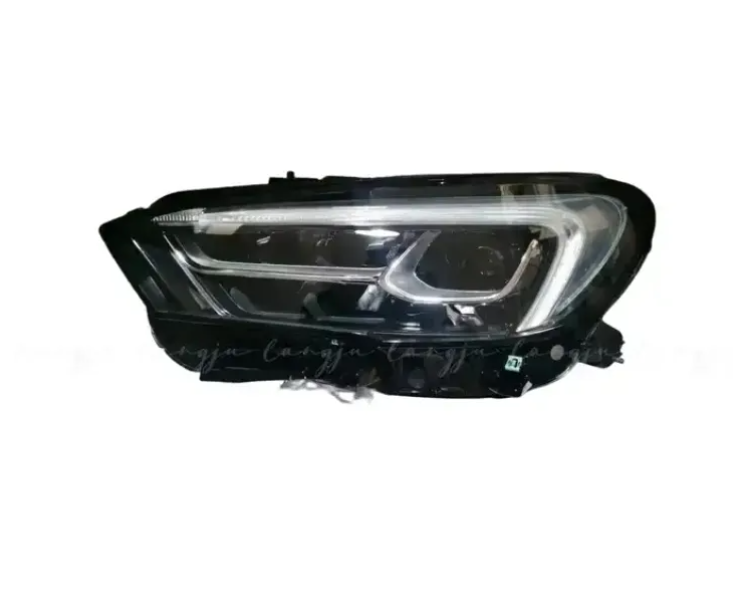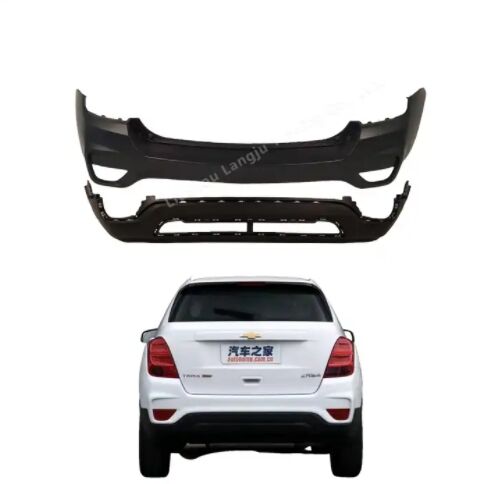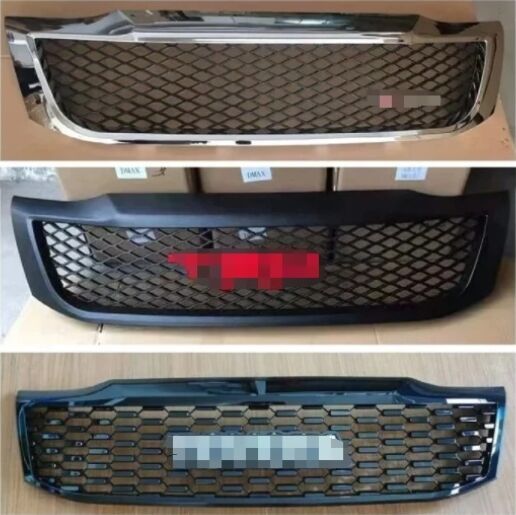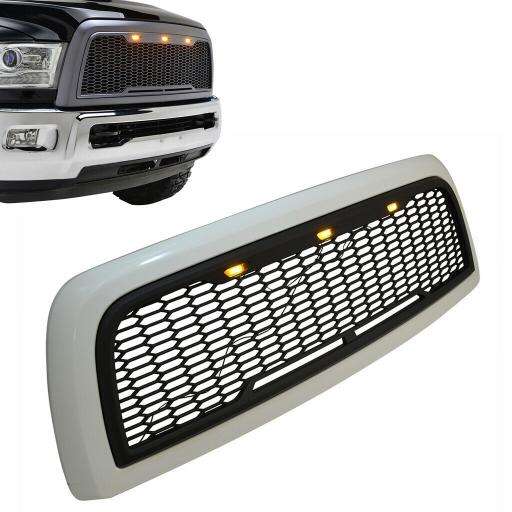джип уранглер торы
Jeep Wrangler радиаторы қатты автомобильдік дизайны мен қызмет көрсетуінің атаулы белгісі болып табылады. Бұл ерекше алдыңғы бөлік жеті тік ұяшықтан тұрады, бұл Jeep брендінің мұра есебінен танымал болған дизайны. Радиатор бірнеше маңызды қызметтерді атқарады: двигательді суыту, маңызды бөлшектерді қорғау және көліктің танымал сырт пішінін сақтау. Әдетте, төзімді пластик немесе металл сияқты жоғары сапалы материалдардан жасалған Wrangler радиаторы түрлі қоршаған орта әсерлеріне, мысалы, жолдан тыс кездегі қалдықтар мен қатты ауа райы жағдайларына шыдайтындай етіп жобаланған. Соңғы Jeep Wrangler радиаторлары LED жарықтандыру опцияларын, хром немесе қара түсті пішіндерді, сонымен қатар ауа ағынын басқару жүйесін қамтиды. Дизайн құрылымның беріктігін сақтап, ауаның тиімді түрде өтуіне мүмкіндік береді, бұл күнделікті жүрудің және күшті жолдан тыс саяхаттардың кезінде двигатель температурасын реттеуге кепілдік береді. Сондай-ақ, көптеген дүкендерден тыс нұсқалар пернетақта иесіне сырт пішінді бейімдеуге мүмкіндік береді, ал бастапқы дизайының қызметтік қасиеттерін сақтайды.
